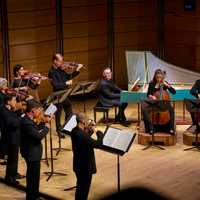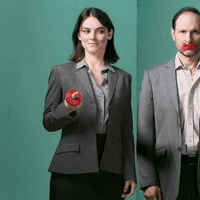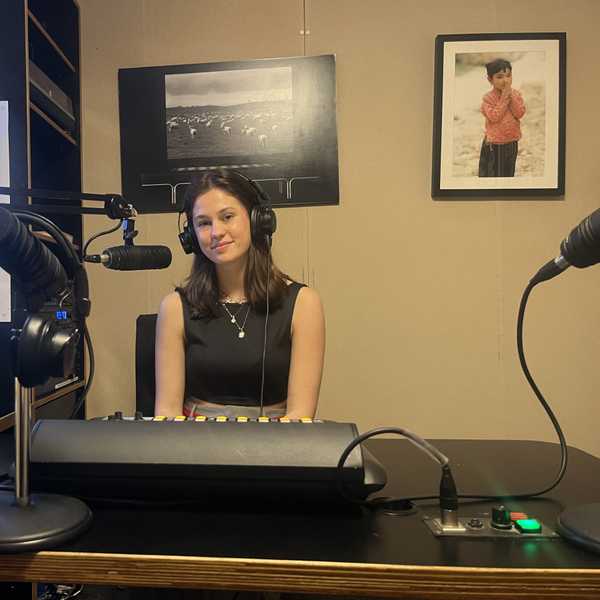Motherhood & Music- Not just the Lullaby
Approx. 8 minutes 30 seconds to read
Things happen to all of us that are beyond our control- sometimes these things are unpredictable and scary. Sometimes unfair and incomprehensible things happen and there is not much support. So much goes unspoken- only dealt with in whispers because if it’s said louder than a whisper society does not know what to do, or what to say, or how to act, or how to deal with the ripple effect. Maybe if we become more open to talking about difficult things, and learning more about them, we can make this world a little easier to navigate with a shared understanding.
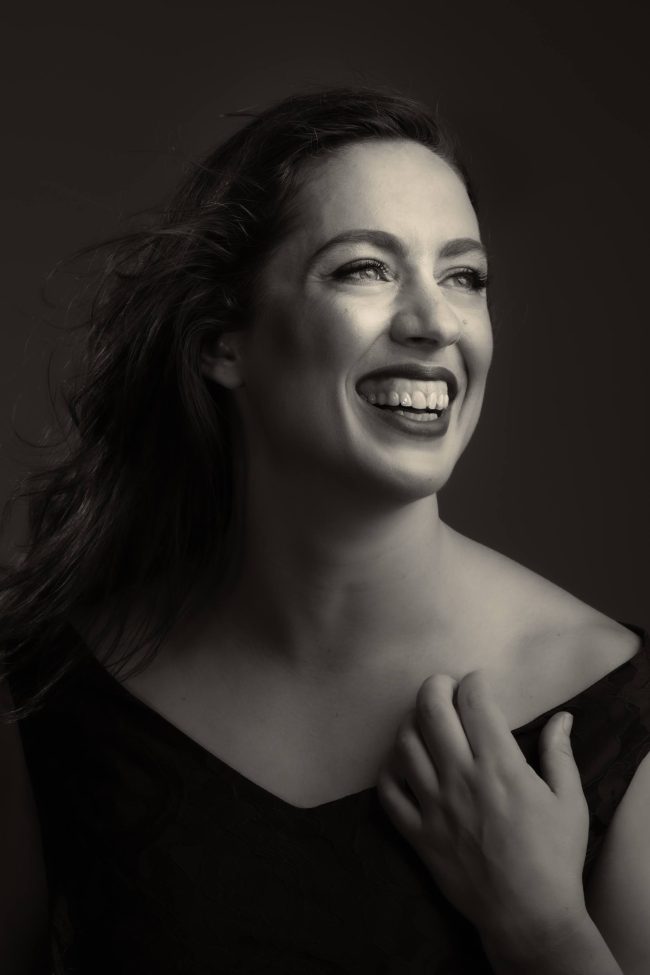
One thing that is hard for women and society to process is late miscarriage. For those of you who might feel uncomfortable by reading those two words- I urge you to read on to learn more. Singer and violinist, Susie Bishop, shares her story of loss, joy and remembrance and her strength to move through it all. I hope her story is a guiding light to us all as she tells us how music can help us face and process the unexpected things that happen to us in life.
Sonia de Freitas: Hi Susie, how are you and where does our interview find you today?
Susie Bishop: I’m at home with my little girl Julia, feeling a familiar mixture of contentment and melancholy. I have a couple of performances lined up, but I have also really had to scale back what I take on at the moment. There are numerous projects that I have had to pop on the back burner for the time being until I have some autonomy back.
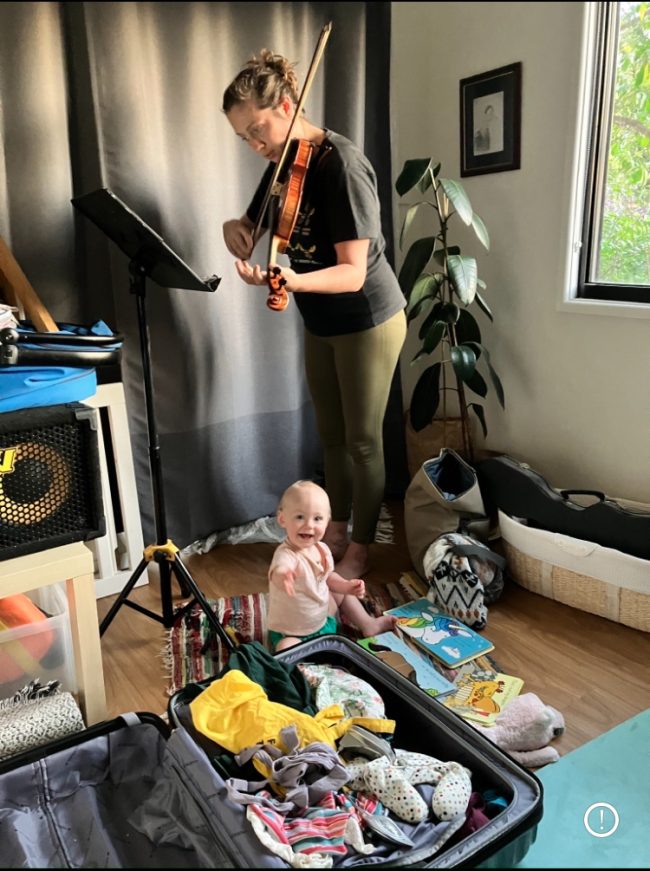
SdF: Can you tell me a little more about your life as a mother and musician?
SB: I am a freelance singer and violinist, working largely in fringe music areas, such as crossover and new music. I have a little 18mo girl called Julia and am expecting another late April. I lost my first baby William later on in pregnancy, and I always count him too.
SdF: What, if anything, may have changed for you in relation to the way you thought about music and your ambitions as a musician once you became a mother?
SB: I feel like motherhood has been the biggest single earth shattering change I have experienced in life. From the perspective of having lost my first little one, I was floored by the feeling of utter devastation that I was in no way prepared to feel for a little human I hadn’t been able to meet. I feel like life suddenly grew an extra dimension, and I had access to a whole range of emotional depth. Suddenly I found I had no patience for surface experiences or relationships. In terms of my music, it was at once transformed by my sincere connection to each moment, and a new spectrum of emotion, as well as becoming my solace and my therapy. I was incredibly grateful to be able to process a lot of my grief and trauma through my music and songwriting. In terms of having my second child Julia, it was a completely different experience. Rather than having to process the grief and find purpose in life again, it feels like my whole focus has (reluctantly) shifted away from music. I am not an ambitious person, so I don’t know whether I can speak of my ambitions, but my joy has always been in exploring new music and new sounds and the incredible connections that the language of music forms between different musicians. For me, I am never happier than when I have a few different and exciting music projects coming up that will challenge and satisfy my creative and artistic ability. In this way, it has been incredibly difficult to adjust my priorities. I have found myself turning down countless opportunities that logistically just won’t fit around my needs and responsibilities as a parent.
SdF: How does the experience of motherhood influence your creativity and composition process?
SB: I feel like time is so precious, I get an hour here or there on a couple of days in a week maybe. As a result, I feel like I have somehow managed to become much more efficient and productive with the time that I have. Creativity is not easy to channel, but the sheer relief of having quiet time and a project to work towards is usually enough inspiration in itself.
SdF: How do you maintain your artistic identity and career trajectory while raising your children?
SB: This is a question I feel I ask myself a lot at the moment. Being pregnant and with a toddler is a tricky time as a freelancer, as I am finding that there just isn’t enough support to continue any trajectory. Identity is one of my biggest struggles at this point in time, as these first few years of parenthood have been so absorbing. I feel like I have had to take a bit of a step back from my career. I try to take on a few little gigs here and there if they logistically work, but mostly I am trusting in the hope that my career will still be there when I am able to return in full capacity.
SdF: What challenges have you have faced in balancing the demands of motherhood with the demands of a music career? Conversely, can you share any unique opportunities brought about by motherhood?
SB: The biggest challenge I have faced is the lack of support and security in being a freelancer. Parenthood is a full time job in itself, as beautiful and rewarding as it is. It leaves very little room for the full time demands of a music career. I feel much more conscious of just how much work is unpaid for every performance. The flipside of this though, is that every moment is precious and so incredibly appreciated. In terms of opportunities, I have had some incredibly supportive engagements that allow me to experience both parenthood and music. Tours with the Marais Project, Musica Viva, Ensemble Offspring and with colleagues such as Miriam Lieberman have been brilliant logistical challenges where I have experienced so much generosity and support.
SdF: What role do societal expectations and stereotypes about motherhood play in shaping the public perception of musicians who are mothers?
SB: I feel like there has been a lot of progress in terms of giving women the power to choose to have a career as well as being a mother. In practise this is very difficult to balance. My experience has been that there is a real idealisation of the martyr which I don’t think is helpful to working mothers. I feel like there is a pressure to take on huge workloads whilst still not having enough government support. This is really overwhelming, and I know a lot of us suffer on the edge of constant burnout.
SdF: How can the music industry evolve to better accommodate the needs of musicians who are navigating the intersection of motherhood and their music careers?
SB: I feel like there is only so much that the sector can do without more financial support from the government, as the biggest problems I find have to do with being a musician that works contract to contract rather than on a salary. Having said that, organisations can still be supportive in other ways, even if it just involves a conversation to see in what way they can help make it possible and easier for working mums. But the biggest problem I have experienced is the expense of daycare and the abysmally short period of paternity leave compared to maternity leave. This puts so much more pressure on mothers to sacrifice their time.
SdF: Is there anything else you want readers to understand about motherhood and music?
SB: I get frustrated being praised for the “difficult” task of being a working mother, when my feeling is that it shouldn’t be so hard. What I want most is to be able to cherish this incredible time with my little humans who are such bright sparks of curiosity and sources of unending joy. I don’t want to feel like they are a burden, or that I am sacrificing my career for them, and I definitely don’t want to feel pressured to be a superhuman and take everything on in true martyr style. This can only lead to burn out and resentment, and both my children and I deserve more than that.
SdF: What do you want for the future of music and for your children?
SB: I feel like there is a gradual shift in the right direction in terms of government funding supporting daycare, but there is a long way to go. I feel like Scandinavia has a brilliant childcare and parental support model. Both parents are given the same chunk of parental leave that you can choose how you want to divide up and daycare is fully supported by the government. This would make it so much easier for people from all different socio-economic backgrounds as well as people with different work structures. Being a musician is very contrary to the routines of parenthood, but I hope I can nurture a love of music in my little ones and that they don’t ever feel sidelined by my career.
To learn more about Susie Bishop visit: susiebishop.com
To hear and purchase Susie Bishop’s music visit:
Meremba: meremba.bandcamp.com/album/meremba
Chaika: chaika.bandcamp.com/album/chaika
Elysian FIelds: elysianfields1.bandcamp.com/album/fika
The Marais Project: themaraisproject.bandcamp.com
For more information on International Women’s Day visit: internationalwomensday.com
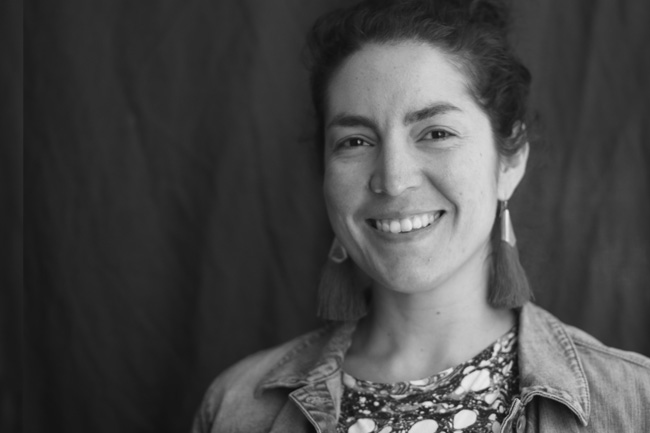
Photo credit: Cathy Kirkpatrick
Keep an eye out for my next interview in the Shout Sister Shout: Motherhood & Music – Not just the Lullaby series where I interview Keyna Wilkins.
Did you miss the previous Shout Sister Shout instalment? Read Jenny Eriksson’s interview here.
Thank you to Eastside Radio for making the Shout Sister Shout: Motherhood & Music – Not just the Lullaby interview series possible.
I acknowledge the Traditional Owners of the many lands on which I am privileged to work, learn, teach, create and perform. I extend my respects to all First Nations People.
Share "Shout Sister Shout: Susie Bishop (IWD 2024)"
Copy


